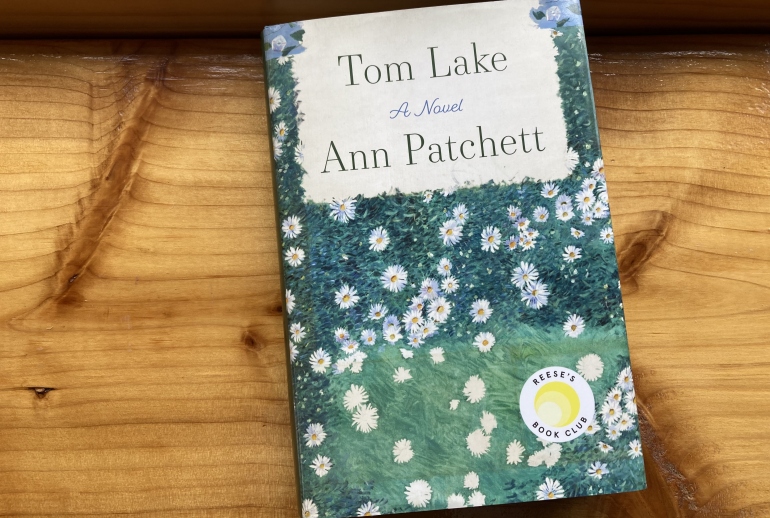I was amused by a brief comment Garrison Keillor made in a podcast “A few minutes on a hilltop in Concord,” on something written by the famous naturalist, Henry Thoreau.
Thoreau’s great work wasn’t Walden but his daily journal in which he wrote about his walks in the woods and fields, what he saw, what he loved. Walden is blighted by a great deal of pontificating about solitude and independence. If there had been a Mrs. Thoreau, she’d have agreed with him on “Our life is frittered away by detail. Simplify, simplify.” And she would’ve scoffed at his nonsense—“If one advances confidently in the direction of his dreams, and endeavors to live the life which he has imagined, he will meet with a success unexpected in common hours.” He was chewing on the wrong weed when he came up with that, a line that has led people to waste years writing a bad novel who could’ve been happy bus drivers.
Thoreau was echoing a myth deeply embedded in the consciousness of Americans that is so taken for granted that it is rarely mentioned, and even more rarely examined, questioned, or challenged. This is that our dreams of the good life are always the truest expression of who we are and must aspire to become. They should not be questioned because they come from within us, and so are “sacred,” but perhaps not religious, from our deepest selves, and to question them is to question our personhood. We have come to believe that “[o]ur ability to create, to imagine, to dream better lives for ourselves and those around us,” Tara Isabella Burton says in Self-Made, “and our freedom to transform those dreams into social realities are among the most vital and human parts of ourselves.” [p. 234] “Our desires, our longings, our yearning to become or to acquire or to be seen a certain way, these are the truest and most honest parts of ourselves.” [p. 3] And so, like Thoreau counseled, many are following paths promising success, whether it is being noticed or liked and always, always making money and getting ahead. Burton, again:
Today self-creation is no longer something some of us can do to set ourselves apart from the people we see as the masses, the crowd, or la foule. Instead, it has become something that all of us must do in order to maintain our financial and social position in a culture that sees reality as up for grabs, to garner the attention central to so much of our Internet-driven economic system. Our identities, who we “really” are, have become what we choose and commodify. Reality is what we have made it. We have, at last, become gods. [p. 230]
This vision of personhood and meaning is a materialist version of the Christian doctrine of calling. The follower of Jesus finds their identity in Christ and seeks to be faithful to the call God places on their lives. We are not self-made, nor do we seek to be self-made; rather we seek in submission to grace and the presence of the Holy Spirit to be transformed into the image of Christ.
When David in Psalm 20 writes, “May he [the Lord] grant you your heart’s desire, and fulfill all your plans,” he assumes a heart submitted to God’s kingdom and will. This is made explicit when he writes, “Take delight in the Lord, and he will give you the desires of your heart.” (Psalm 37:4). David is not suggesting our deepest desires are somehow sacrosanct, but that they can be graciously disciplined by God’s Spirit to mirror, though never perfectly, the heart and mind of our Lord. Our hearts are essential to faithfulness; but they remain deceitful and broken, needing renewal by grace.
This is a crucial distinction, Desires v Calling, and is good to keep in mind for two reasons. First, it’s a good reminder to think through how we find meaning, direction, and purpose. And second, since our culture is given to being self-made rather than transformed, it is a point of contact for healthy discussion. To help in this reflection I strongly encourage you to read Self-Made by Tara Isabella Burton.
Photo credit: Photo by Gelgas Airlangga (https://www.pexels.com/photo/shallow-focus-of-sprout-401213/)



